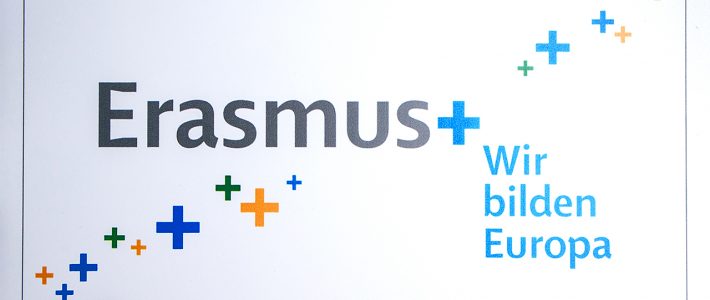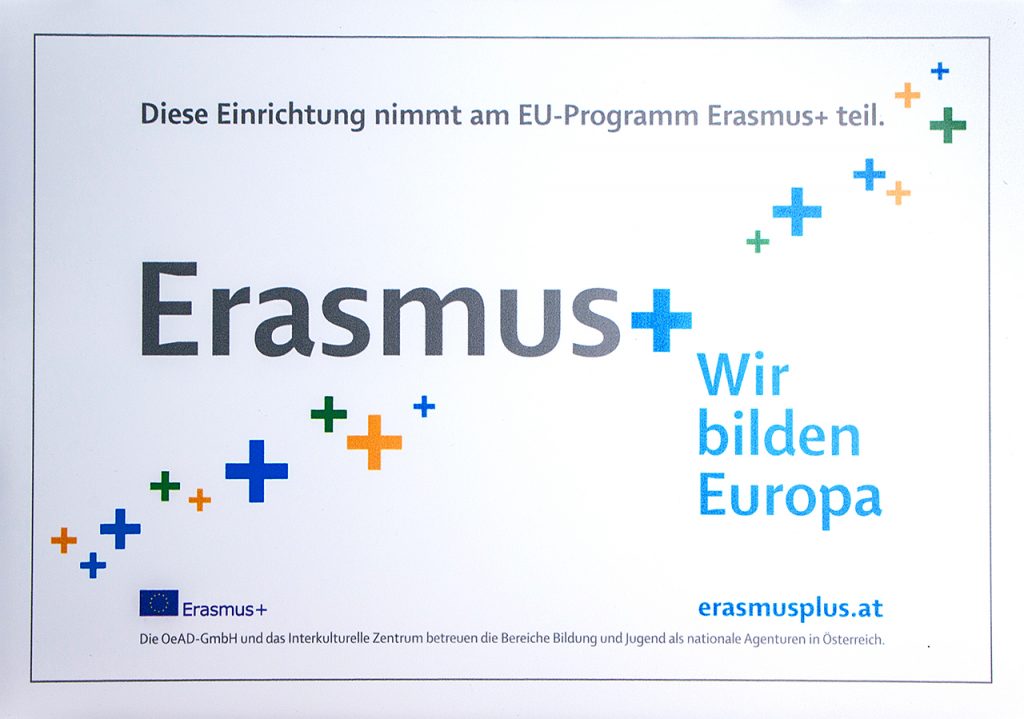BonJour – new Project on Journalism & Fake News

EBI is proud to be a partner in the BonJour Project, coordinated by EduVita (from Lecce, Italy). The objective of the project is to enhance media literacy among older individuals by focusing on journalism and digital skill improvement. This effort aims to foster social activism among seniors and bridge the generation gap in digital proficiency. A key aspect of the plan involves establishing a pool of Media Educators for the Elderly, a role that is currently lacking despite its pressing need. The target groups include adult educators, senior educators, media educators, as well as individuals aged 55+ and senior learners.
Aims in this Media Literacy Project

The implementation strategy includes conducting a learning needs analysis for seniors in media education, providing training for Media Educators for the Elderly, and offering courses for seniors to enhance critical thinking and ICT skills through media literacy and journalism. Additionally, the plan involves creating a handbook and guidelines for Media Educators, developing a curriculum for seniors, and launching a pilot program where elderly individuals actively contribute to media and digital content creation.
Expected Results at the End of the Project
Expected outcomes include the establishment of a methodology for Media Literacy for the Elderly centered on journalism, the identification of the Media Educator profile, and the creation of a pool of Media Educators for the elderly. Furthermore, the initiative aims to produce a guide for Media Educators, an e-learning platform tailored to seniors’ needs, and tangible learning materials for elderly individuals.
The kick-off meeting of the project took place March 13th, 2024, in Lecce. [read more]
 The project’s number is 2023-1-IT02-KA220-ADU-00016032, the complete title “BonJour! Enhancing the Critical Media Literacy of the Elderly through Digital Education and Journalism”. We appreciate the funding of the European Commission for this project.
The project’s number is 2023-1-IT02-KA220-ADU-00016032, the complete title “BonJour! Enhancing the Critical Media Literacy of the Elderly through Digital Education and Journalism”. We appreciate the funding of the European Commission for this project.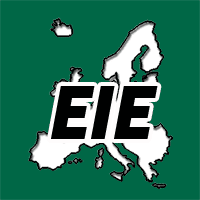
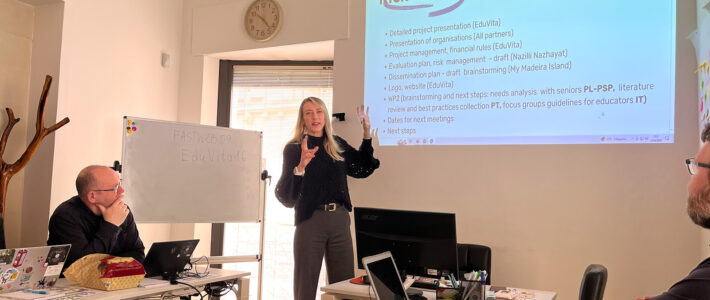
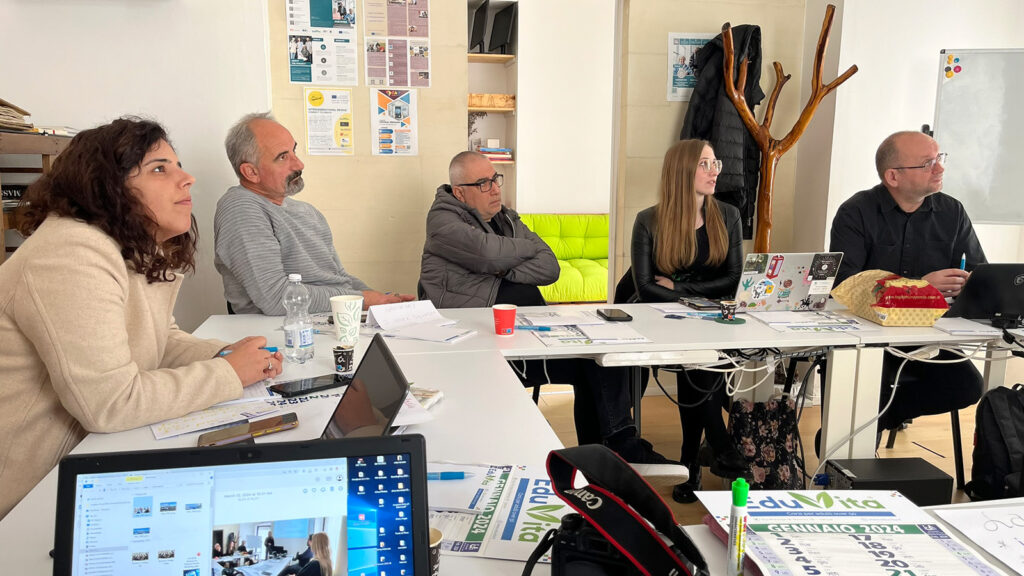
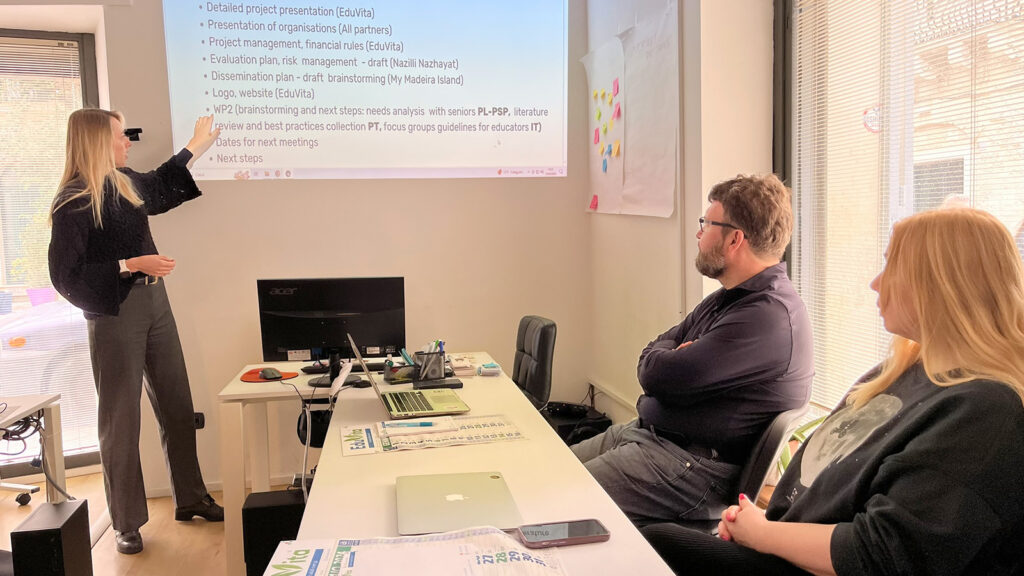
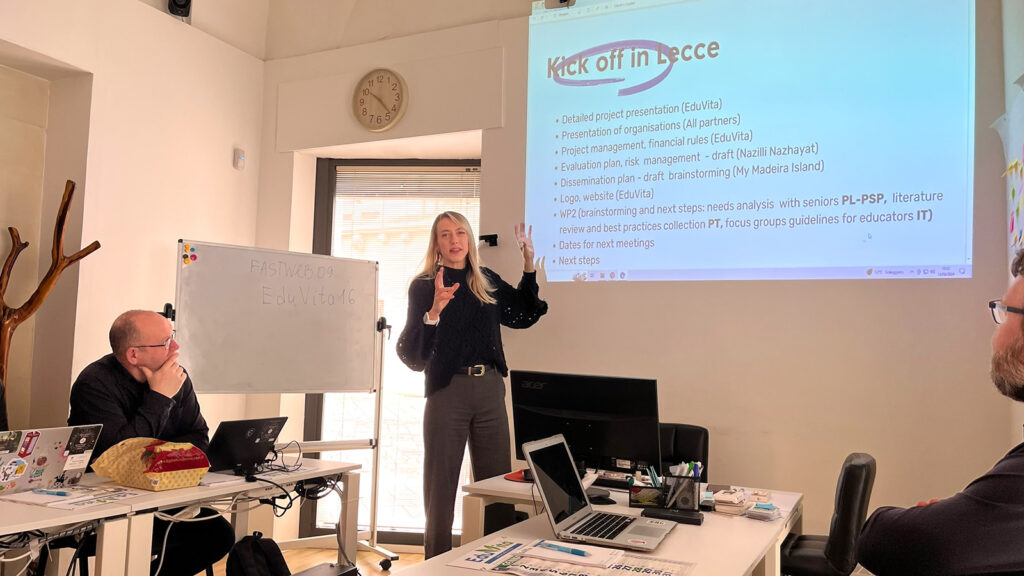
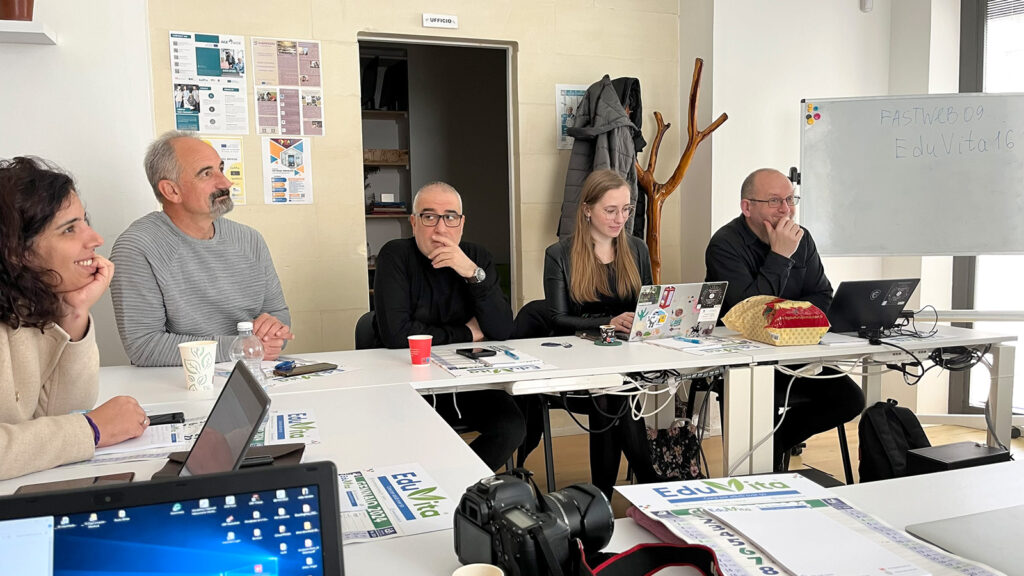
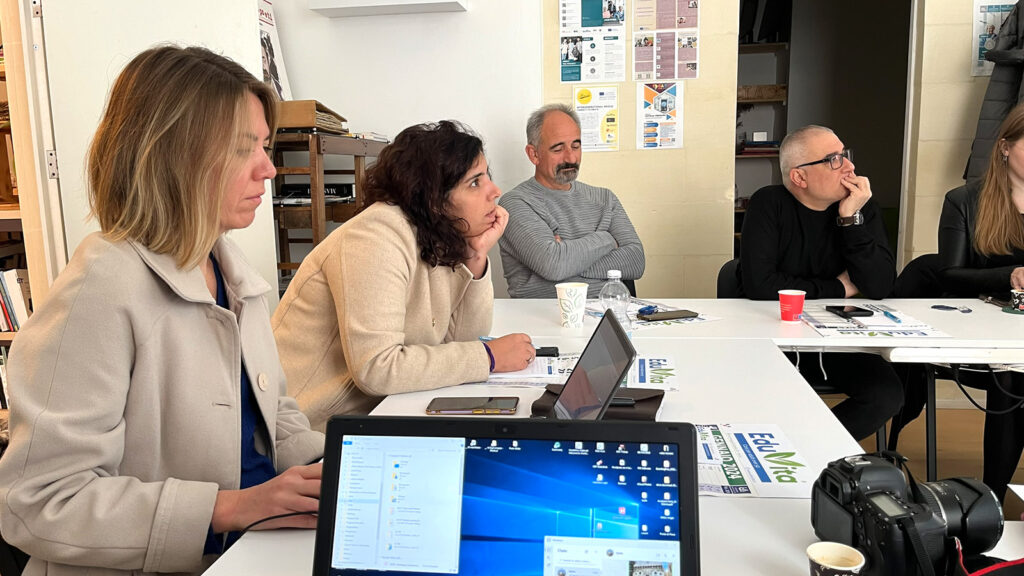
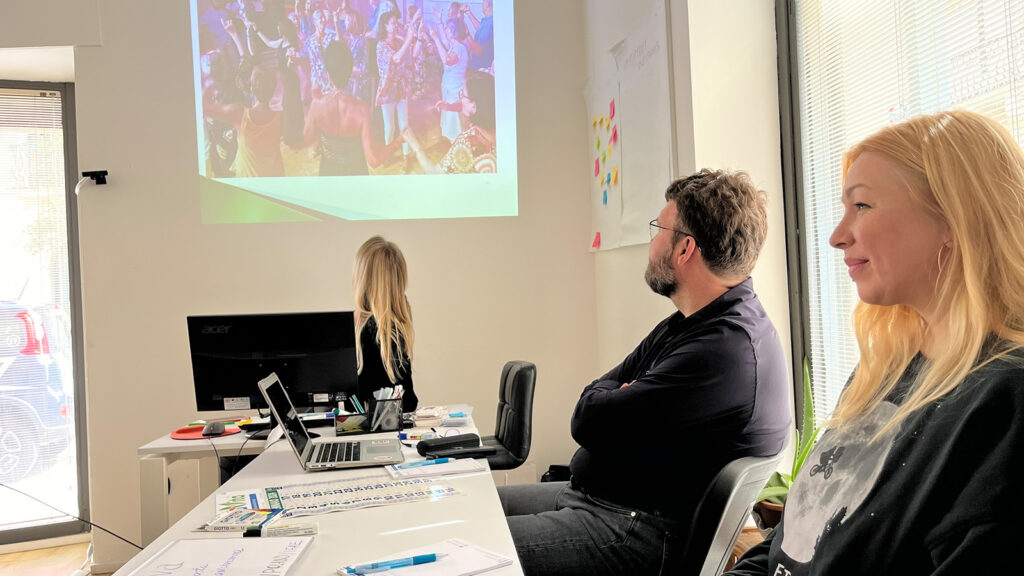
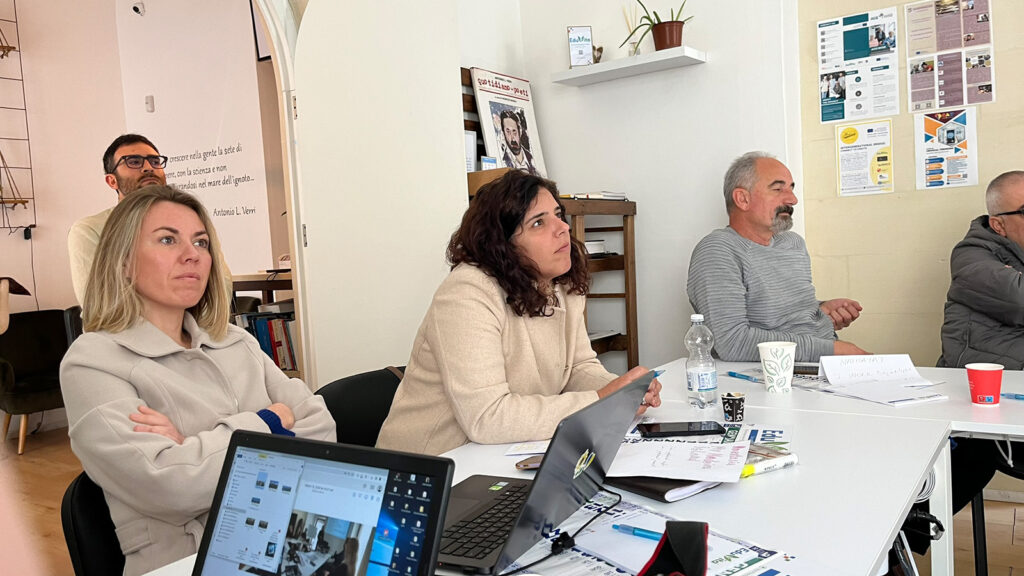
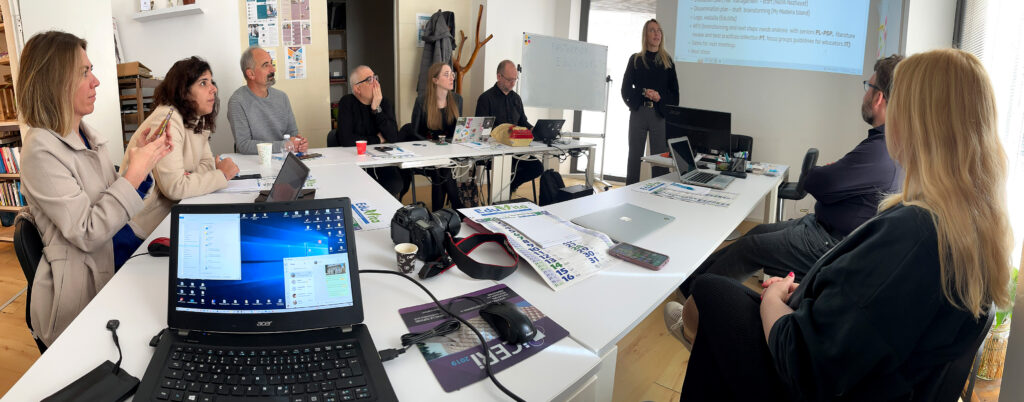
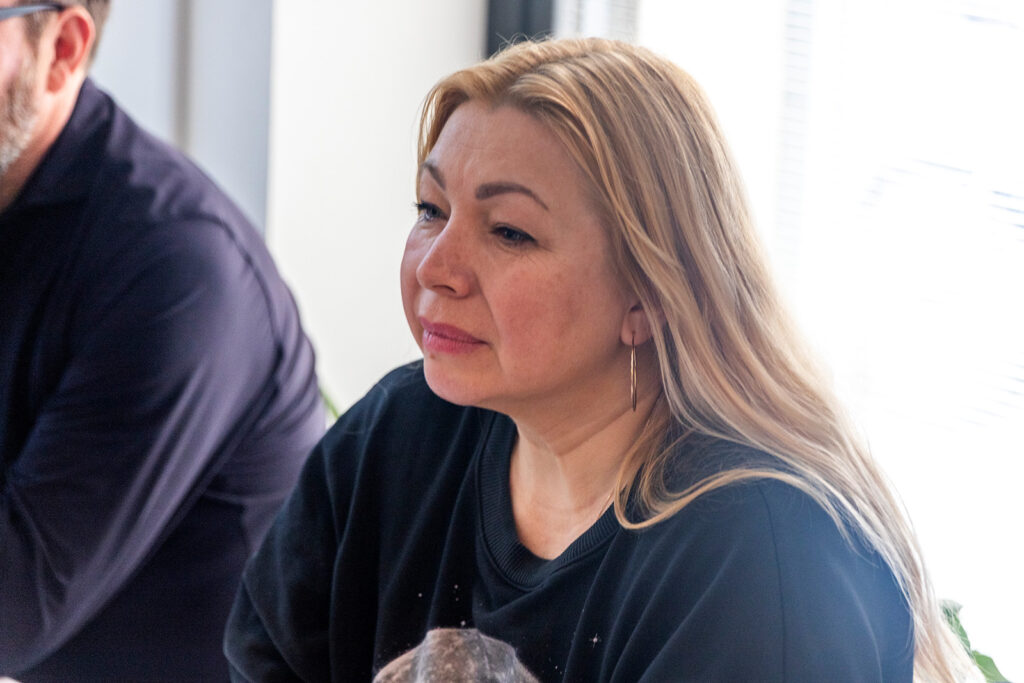
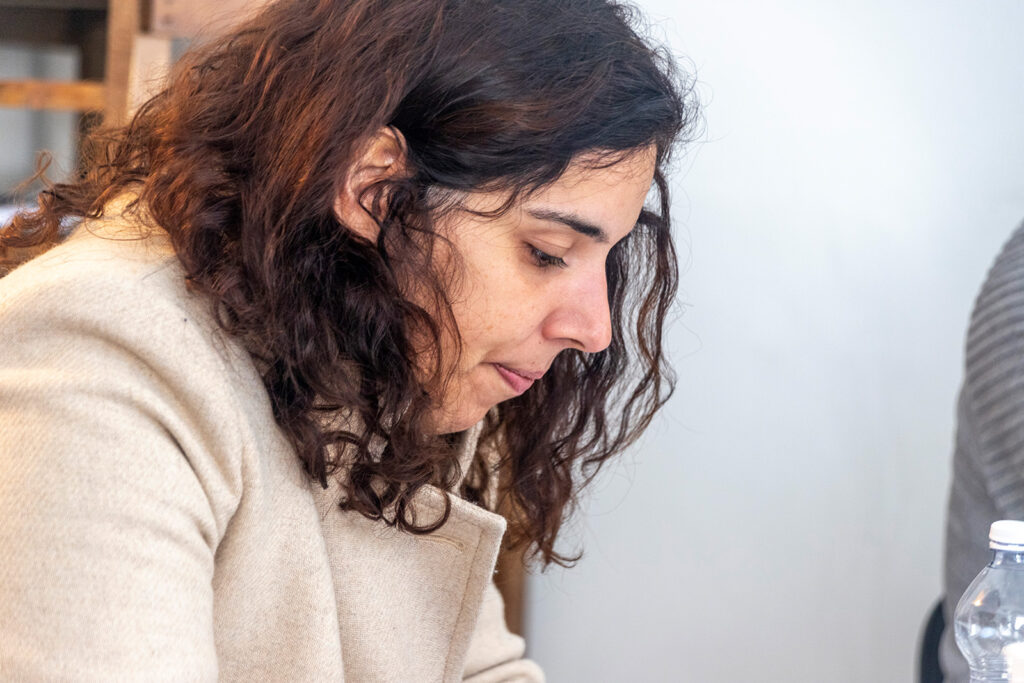
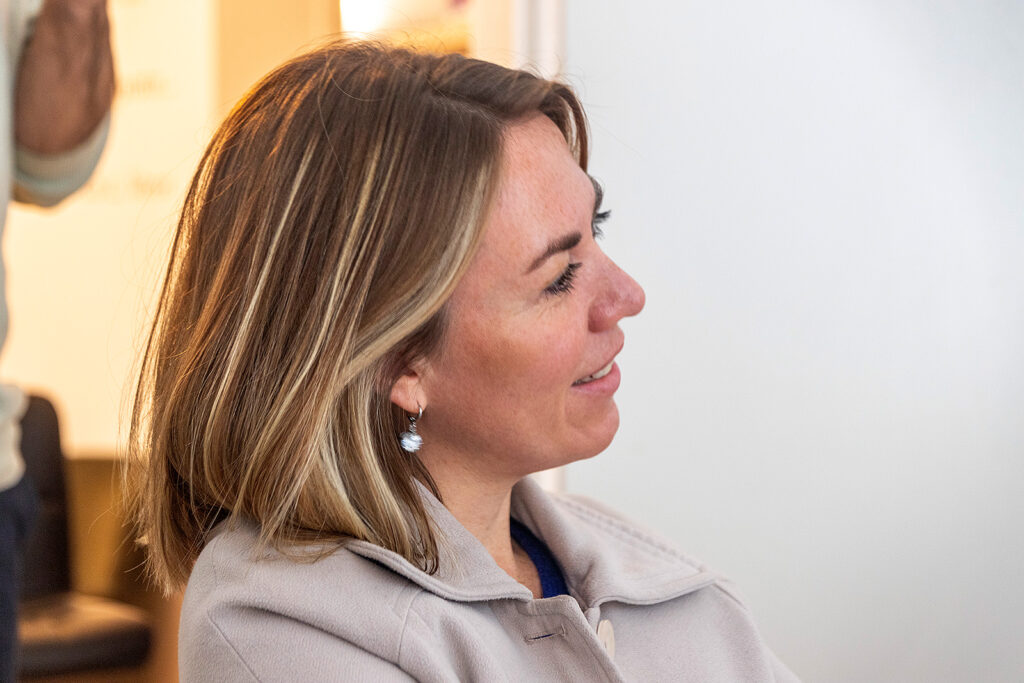
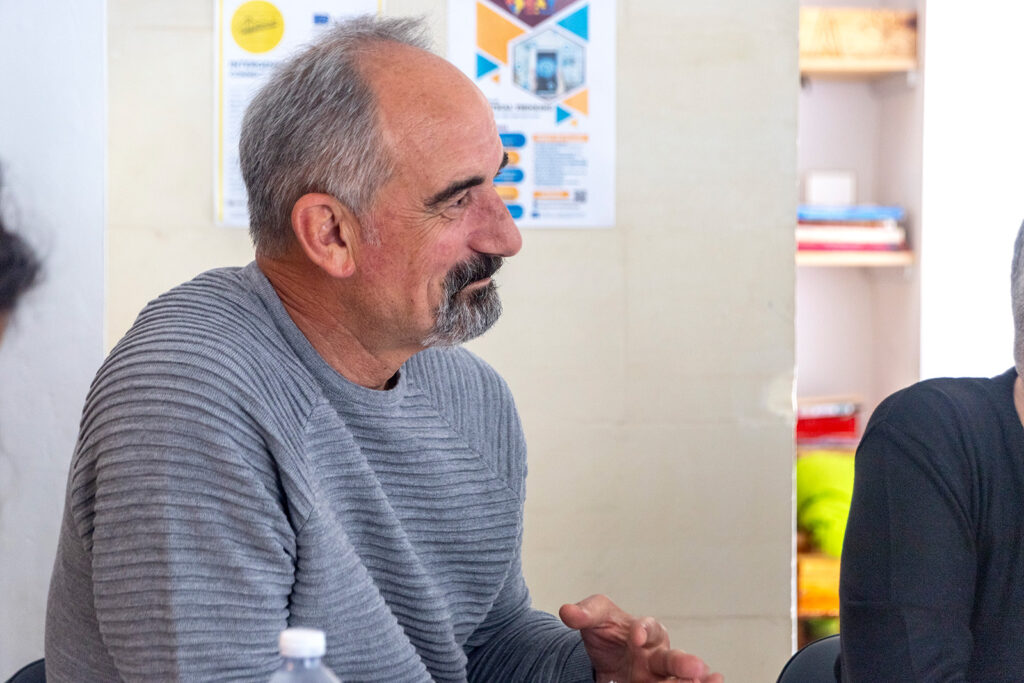
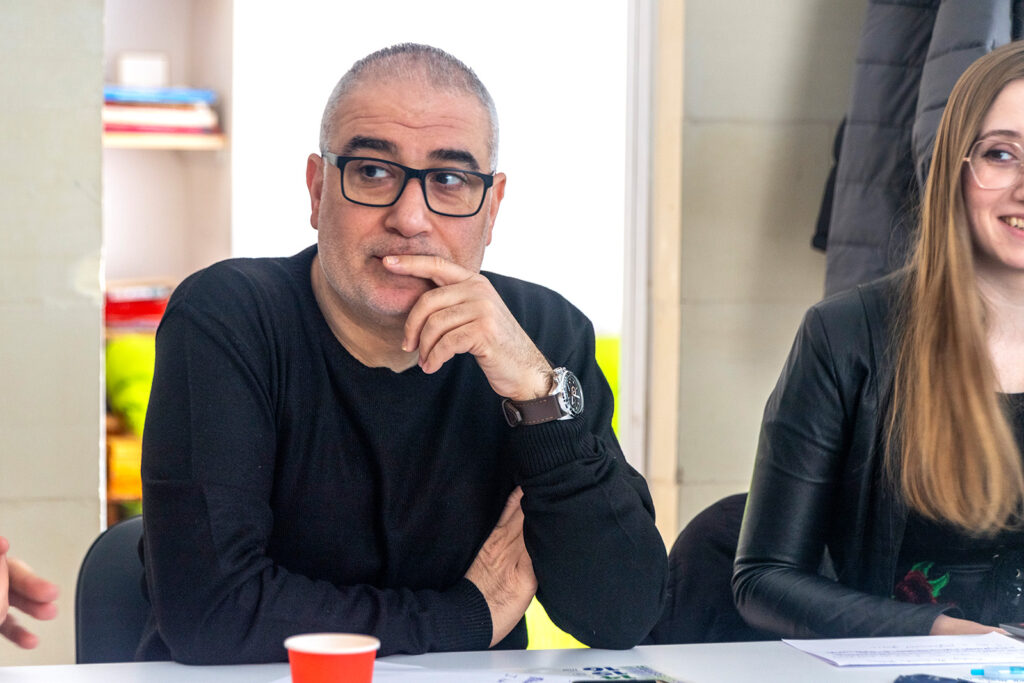
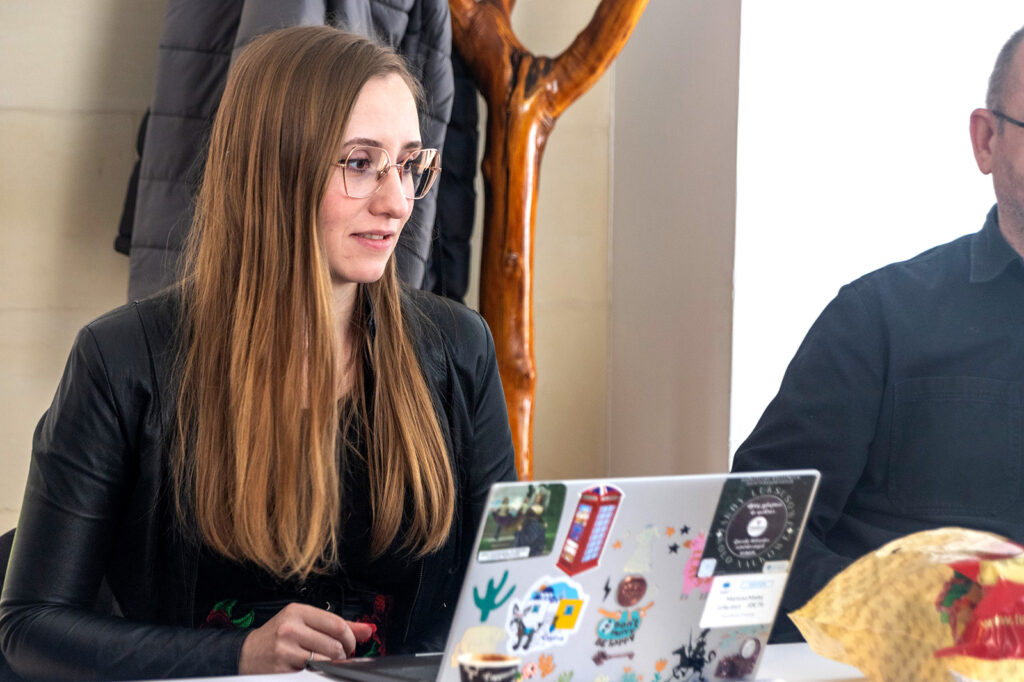
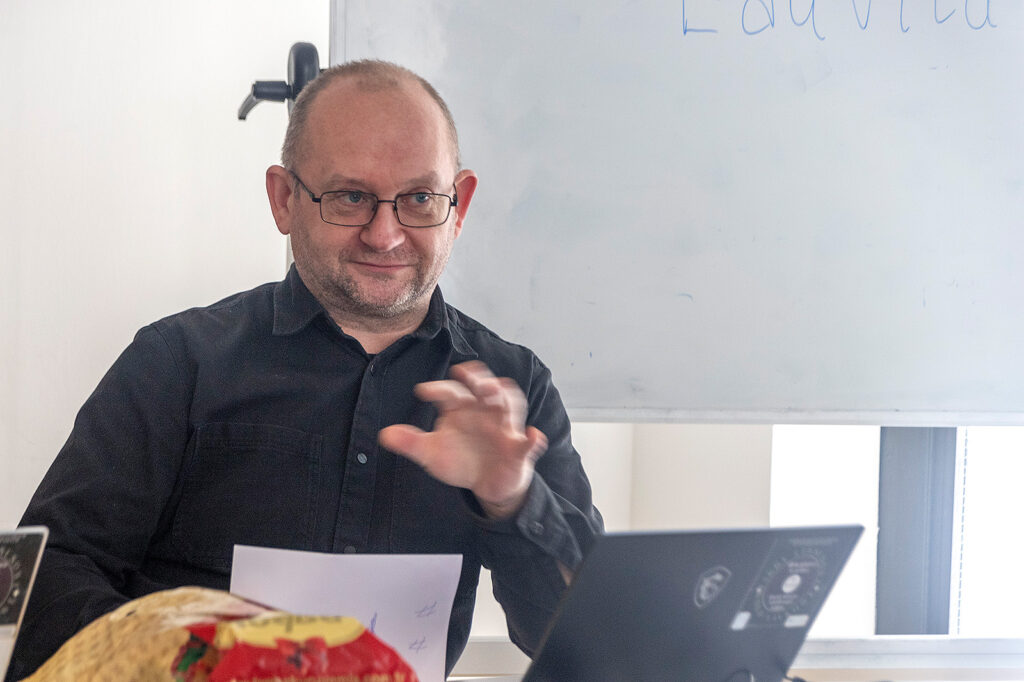
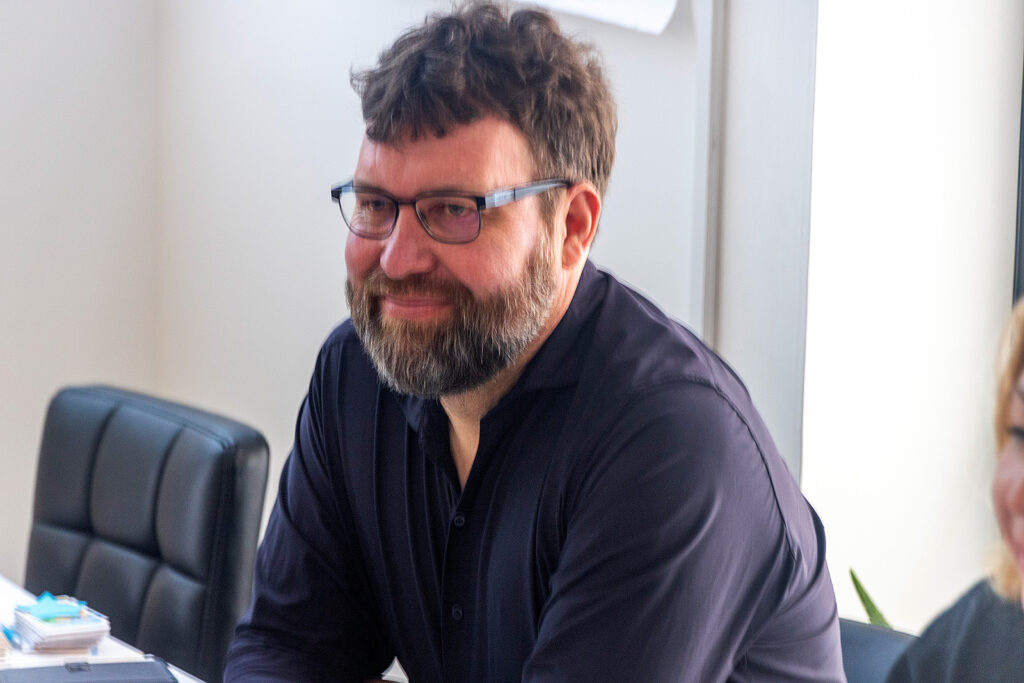
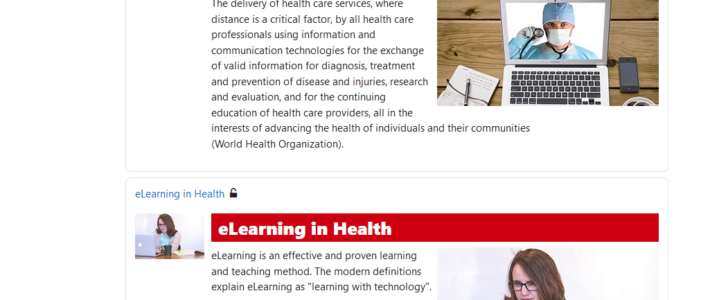
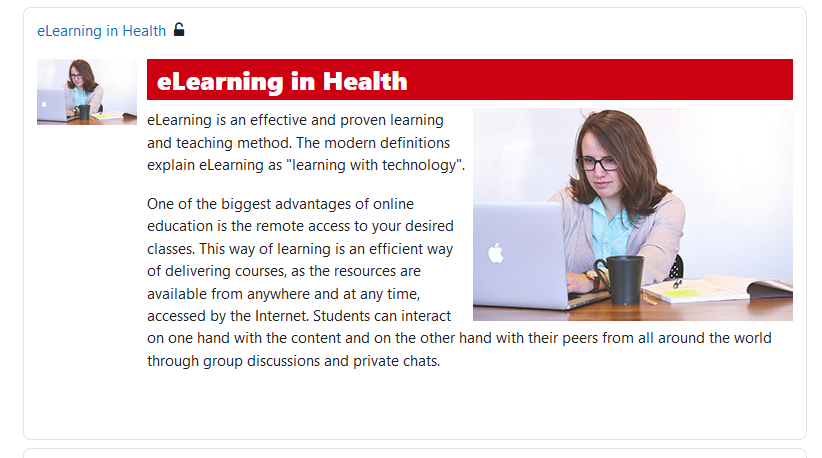
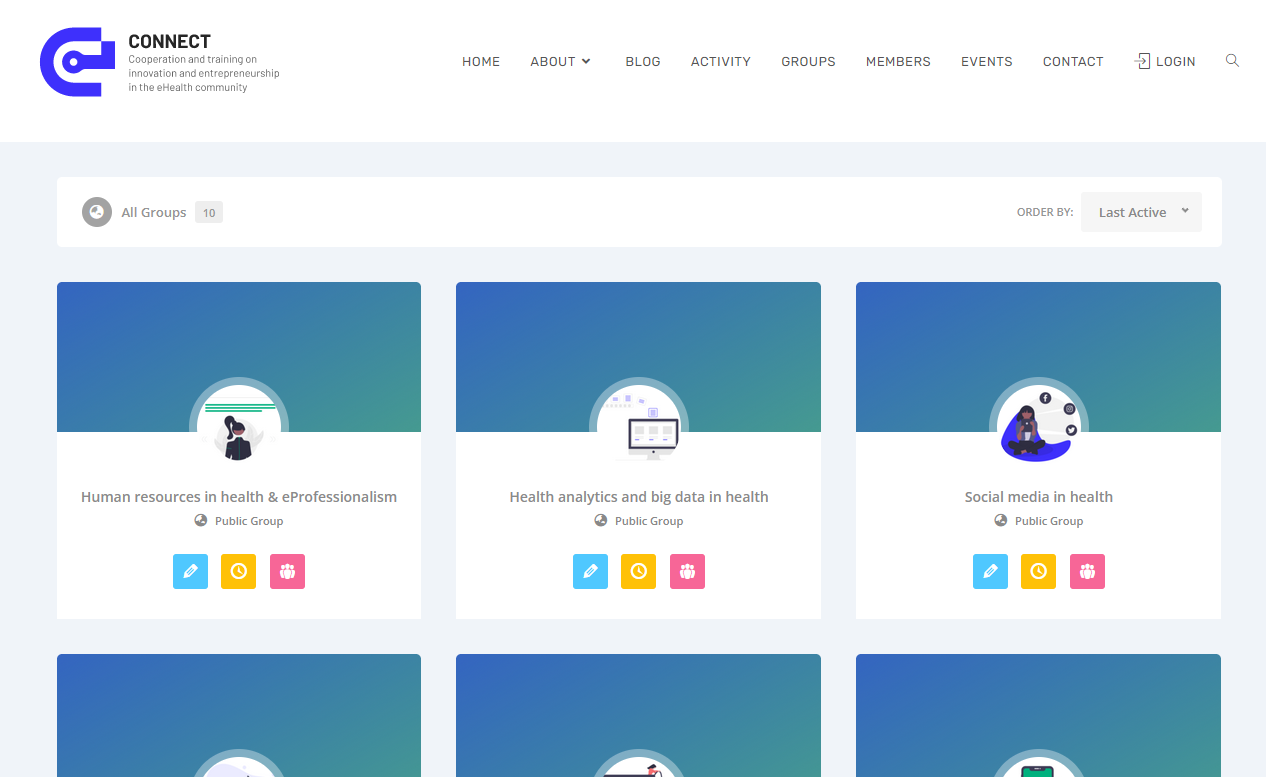

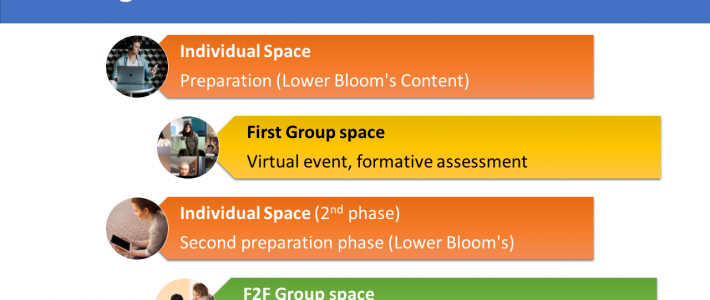
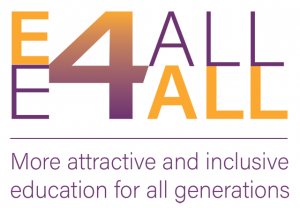
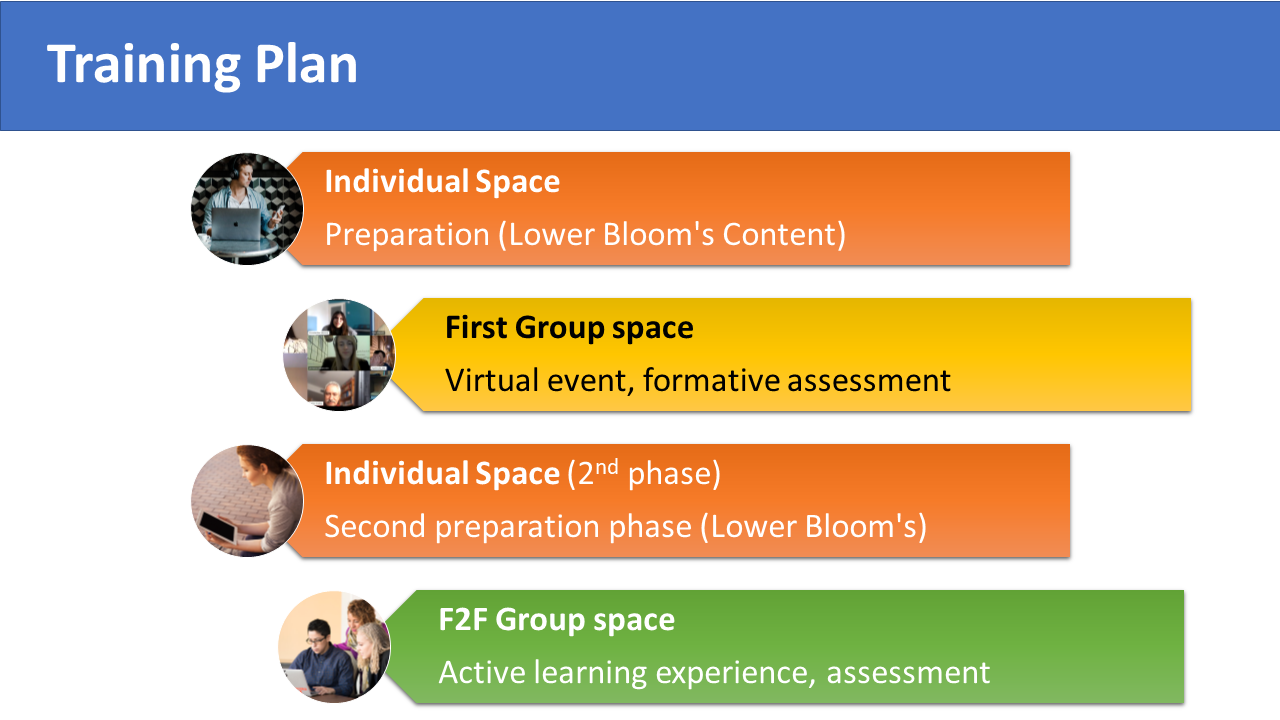
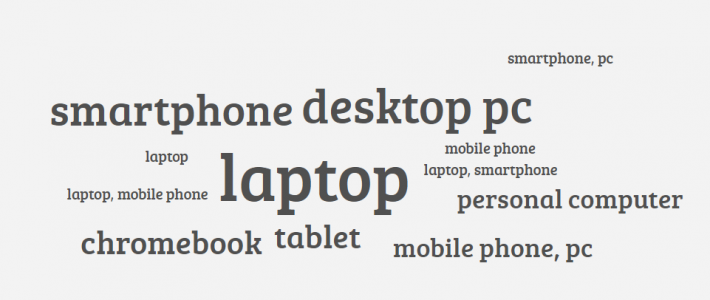
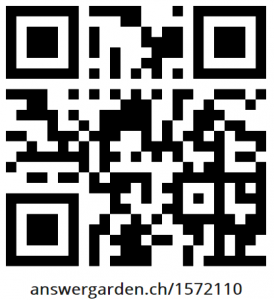
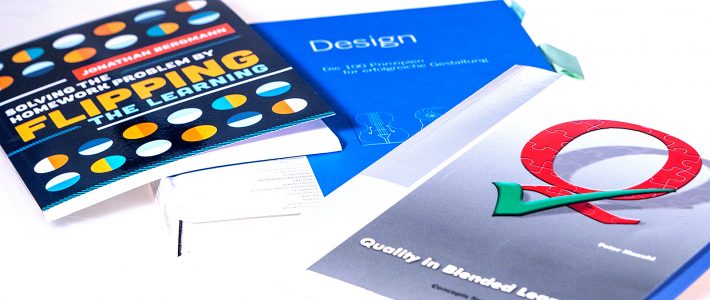

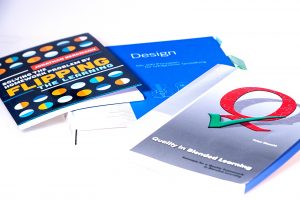 Books are still available – Amazon started the business success by selling books (and still sells them), libraries are still used intensively by people borrowing books there. Masses of books – in small quantities – are published and printed as “book on demand”.
Books are still available – Amazon started the business success by selling books (and still sells them), libraries are still used intensively by people borrowing books there. Masses of books – in small quantities – are published and printed as “book on demand”.